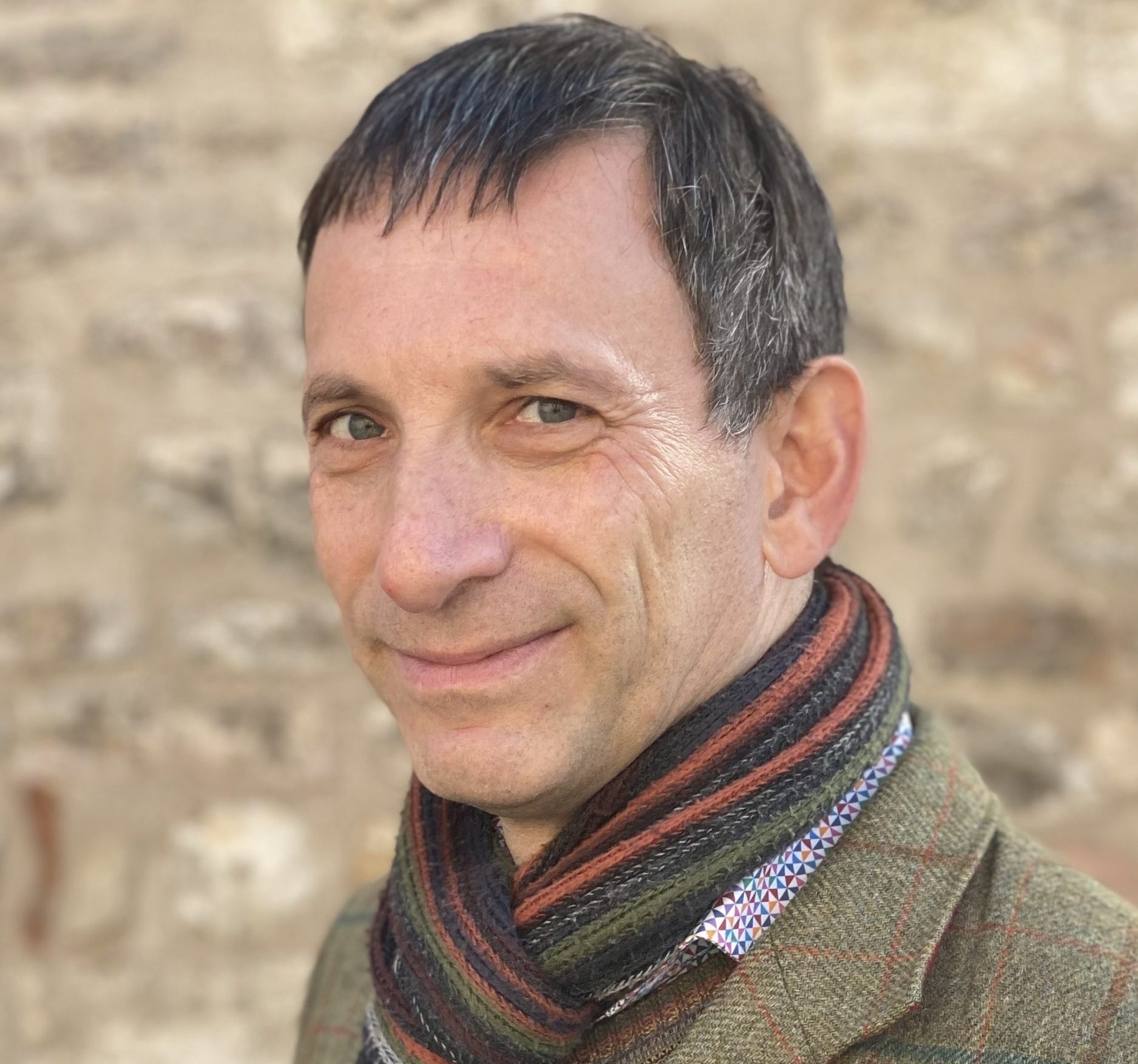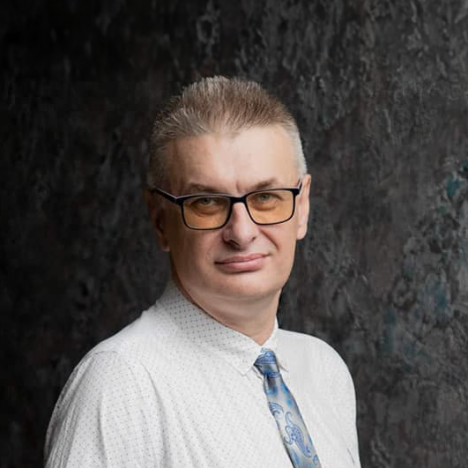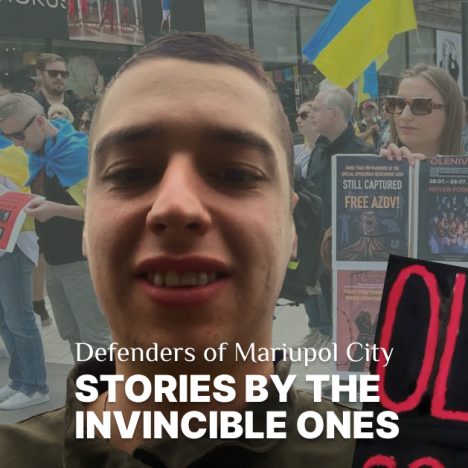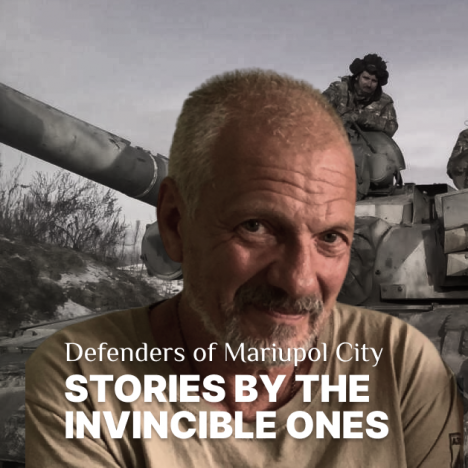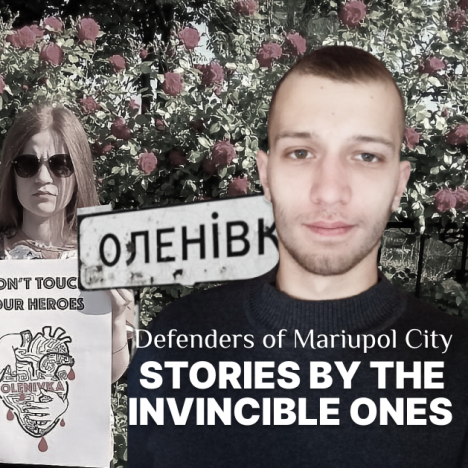A colleague of mine from one of the ‘old European’ countries has recently told me that the European Union was too quick to let a new round of enlargement happen. As a result, the only thing the EU has to do now is to watch the governments of Poland or Hungary calling main European values in question, or the Romanian or Bulgarian elites imitating a fight against corruption for decades on end.
However, I would not jump at such a disappointing conclusion simply because I believe in evolution. Unlike my colleague, I have the experience of living in a conservative society with no participation in politics or public discussion.
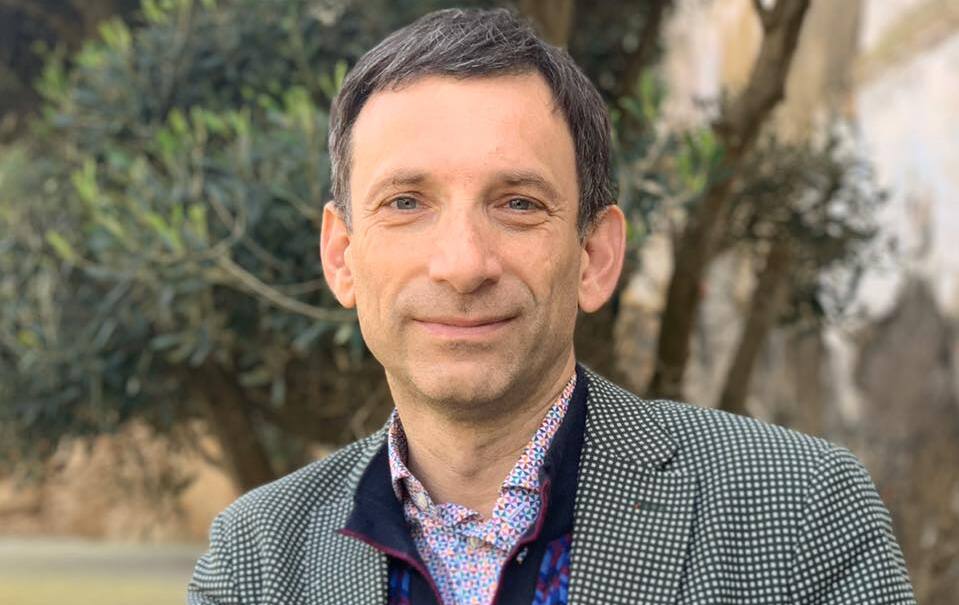
People who grew up in the countries of ‘old Europe’ will never understand what it feels like living in permafrost.
Even the hideous events of Italian fascism or German national-socialism (for all their ruinous legacy) were a brief experience that had a bearing on one or two generations. However, those who have lived through decades of dictatorship of Franco in Spain or Salazar in Portugal can relate better to the problems experienced by the countries of Central Europe or of the post-Soviet countries.
After WWII the countries of Western Europe draw precise and logical conclusions from the utter madness that had overtaken the continent by establishing democracy, tolerance, respect for human beings and European solidarity.
However, these were the peoples of Central and Eastern Europe, who happened to find themselves on the other side of the ‘iron curtain’ and who were far away from drawing the same conclusions in the wake of the decisions taken during the Yalta Conference. They were facing the task of survival, and not of development.
‘Lest there should be a war’ – this phrase became an understandable command that united everyone. Any steps taken towards freedom and development, such as uprisings in Berlin and Hungary, The Prague spring, Polish protests and the ‘Solidarity’ movement, were quelled by occupants and their cronies. After that the societies got back into the state of survival and amnesia.
The chance for changes only arose when the empire’s grip grew weaker and the Soviet Union started teetering on the brink of its collapse.
Surely enough, the West set the example for the future development of all of the post-social and post-Soviet countries. However, these were lessons learnt by other states.
Communism effectively put a freeze on societal development of half of the continent at the time when peoples of Central and Eastern European countries were supposed to learn their own lessons. Instead, they were placed in permafrost conditions, in a concentration camp of politics.
What did those countries have before the Soviet troops arrived? If we take a look at the political map of the Warsaw Pact countries shortly before the outbreak of WWII, will we spot any classic examples of democracy there?
Perhaps the only country that could fit this definition was the Czechoslovak Republic. However, it was the first republic to have crumbled well before WWII broke out.
The authoritarian regime of Miklós Horthy was established in Hungary in 1920.
Read also:
Bukovyna’s half. Vitaly Portnikov’s column
Józef Piłsudski installed the Sanacja regime after a few days of real military combat in May 1926 in Poland. The regime petered out after Piłsudski’s death and after Poland was defeated in war by Germany and the Soviet Union.
The corruption-ridden authoritarian regime of the Romanian king Carol II was overthrown by a military coup led by Ion Antonescu, who would later become marshal and Conducător (the Romanian for ‘leader).
After WWII the attempts taken by the Central European countries to build up democratic society were thwarted by Stalin. The era of ‘socialism’ set in.
I am convinced that one cannot get into politics without ‘school’ and ‘university’ preparation.
For the Central and Eastern European countries the 1990s and 1990s were the time when they were finally deprived of communism. However, it soon turned out that the absence of generations with democratic experience opens up an opportunity to control society’s mood and reintroduce the practices of the pre-communist period.
That is why it is quite easy to spot ‘shoulder marks of an admiral’ on Viktor Orbán. Disunity reigning in the Polish society of the 2020s is reminiscent of the Polish society of the 1920s. It was exactly in December 1922 (after the assassination of the first Polish President, Gabriel Narutowicz, by supporters of right-wing political party) that the writer Maria Dąbrowska write in her diary about ‘two Polands’ and that the marshal Józef Piłsudski was contemplating his coup d’état.
Democracy is the result of one’s own experience and vision, and not of a whim or an intention to follow others. The peoples of Central Europe are simply making up for the decades of development that they had been deprived of. Yes, this path will be full of mistakes and disappointment.
However, history is not a computer program that can be relaunched. Every people, every country and every human being has to take their own path and draw their own conclusions.
Vitaly Portnikov, exclusively for InfoPost.Media
Photo credit: Courtesy of Vitaly Portnikov’s official webpage
Ця публікація доступна також українською: Життя у вічній мерзлоті
*** This text is the author’s column, which means it represents, first of all, the views of the author of the material, which may not coincide with the views of the InfoPost. We publish author’s columns, first and foremost, for the sake of discussion of important topics, since we believe in the power of public dialogue. Should you want to write an author’s column for us, email us at editor.infopost@gmail.com
